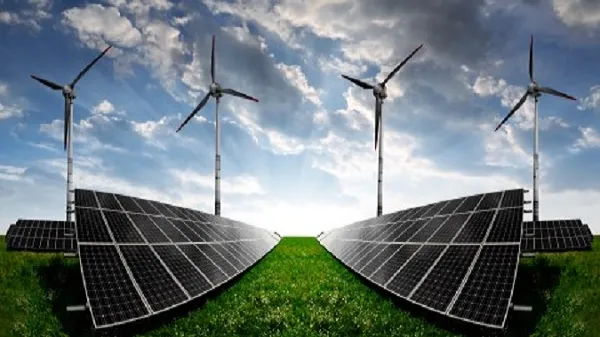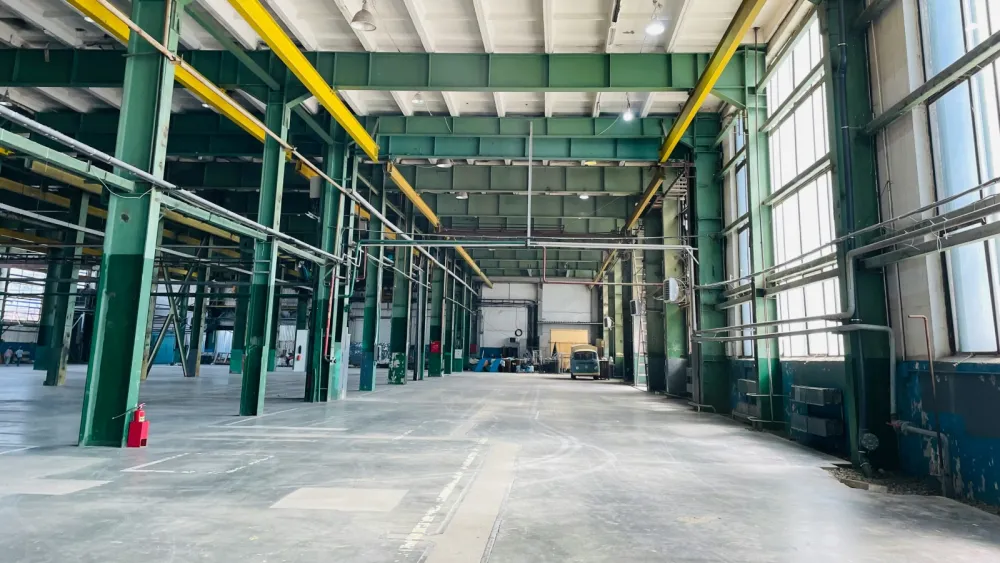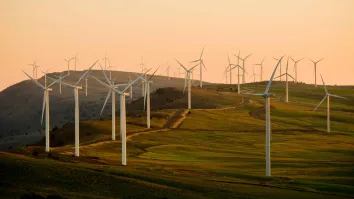
Rise of local power firms boost RE adoption in Vietnam: IEEFA
The feed-in-tariff policy in 2017 attracted local firms to enter power generation.
Whilst energy planners and investors globally contributed to the deployment of wind and solar power in Vietnam, the rise of domestic power businesses also played a key role in the adoption of renewable energy in the country, according to the International Energy Economics and Financial Analysis (IEEFA).
In a report, Thu Vu, energy finance analyst at IEEFA, said local businesses also played a crucial role in enabling access for foreign players, aside from the government’s policy incentives.
Vu said that introduction of the first renewable energy feed-in-tariff policy in 2017 in the country served “as an equal opportunity business initiative” for many private sector players in the country.
“Vietnam’s 2050 net-zero emissions target is providing enough scale potential to accommodate sizeable players and bold ambitions,” Vu said. “Building on recent success, some prominent domestic players have signalled a long-term commitment to the local renewable energy market.”
READ MORE: Vietnam needs ‘clear and transparent' legal framework for ambitious offshore wind target
“Over the next 12 to 24 months, it will be important for foreign investors, developers and banks to assess how these domestic corporates’ growth and funding strategies will reshape Vietnam’s green financing needs,” she added.
On the hand, Vu noted that the current market development pattern led to a “high degree of fragmentation by ownership” as it estimated that the top 10 largest firms controlling the utility-scale solar and wind power just hold around 40% to 50% of the current market.
“There is an active competition for market leadership among the domestic players, but we’re still at an early stage of market consolidation,” says Vu.
Vu said foreign partners also provide support to local businesses in developing and financing their projects, citing Thai power companies.
She added that the preference of the local companies for divestment and acquisition will reflect their asset management skills, financial resilience, and longer-term strategies.
Vietnam may also see a new development phase for the local sector with deeper penetration by seasoned and upcoming foreign players and the more competitive procurement policies of the Electricity of Vietnam.
“It is competition that will become the defining feature of the market going forward,” Vu said. “Cost competition and expansion plans will force leading domestic corporates to explore more diversified and rigorous financing channels.”


















 Advertise
Advertise







